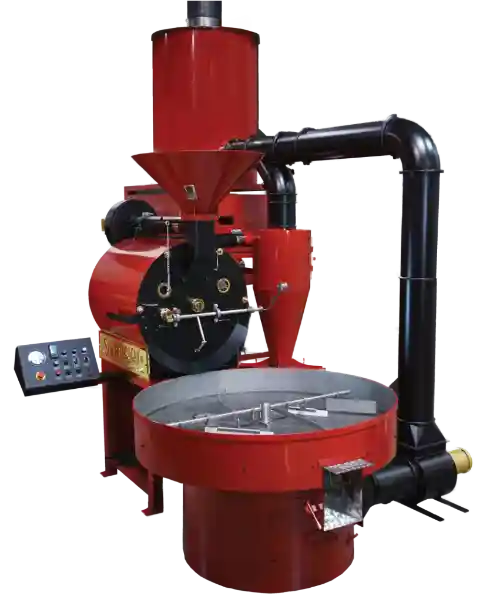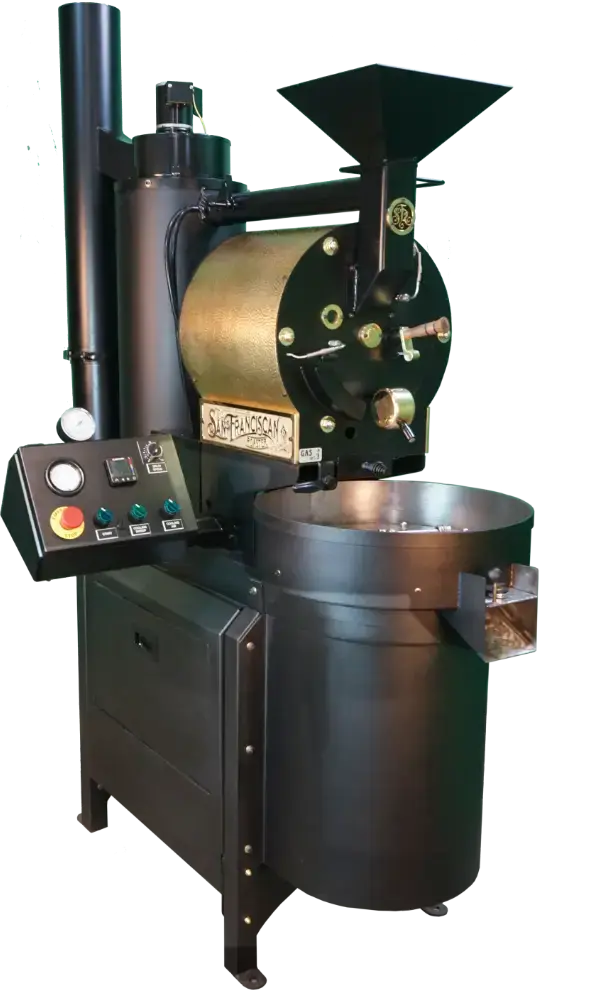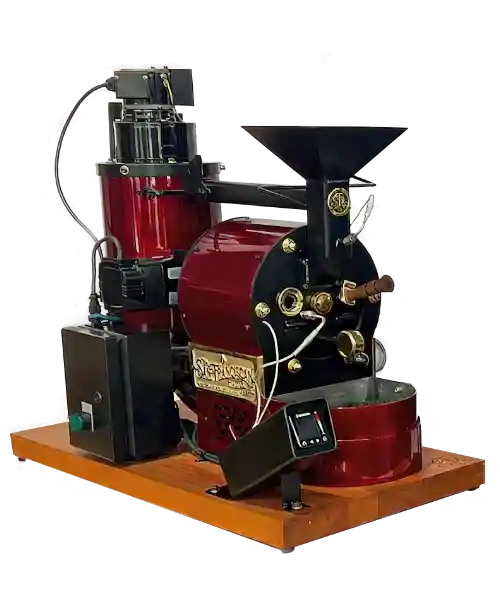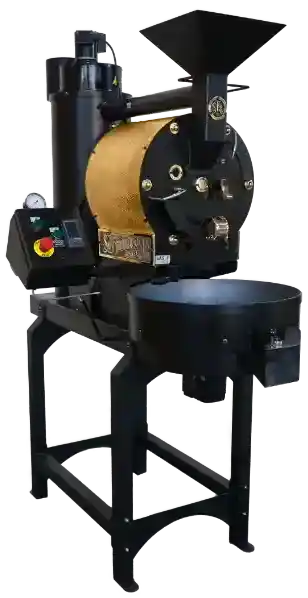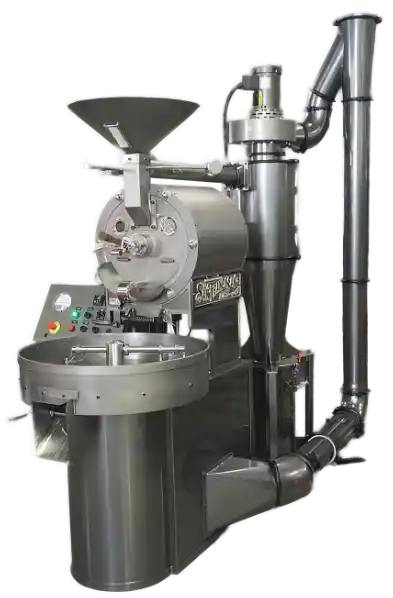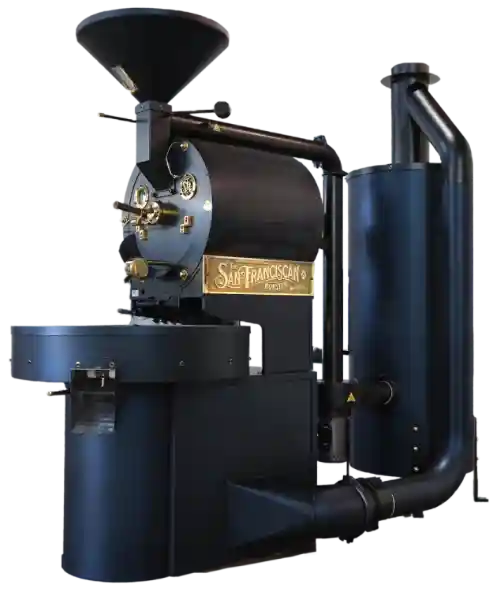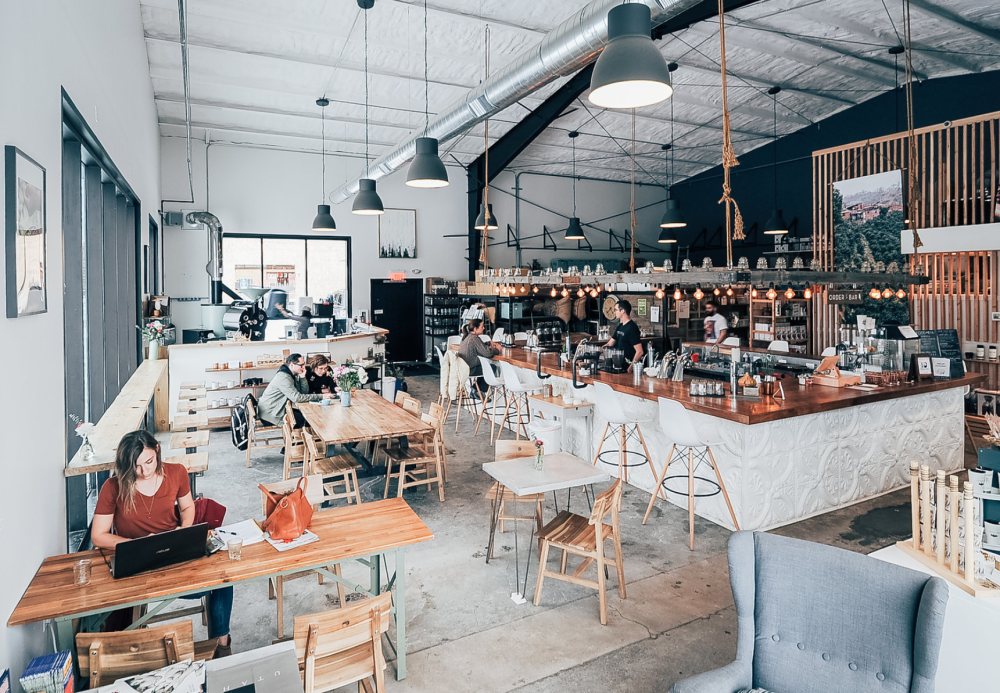


Mariana Faerron has a special connection to coffee. Growing up in Central Valley, Costa Rica, she remembers being surrounded by it, whether it was the fragrant scent of the cherry blossoms or while drinking it brewed as a child. She always knew she wanted to own a business, and after receiving a degree in the agriculture field, she moved to the US with her husband, Thomas. While living in the US, Mariana was unable to find the quality and consistency of coffee that she was used to, and she realized that she had the opportunity to introduce Americans to high-end Costa Rican coffees. Tico, a nickname for natives of Costa Rica, represents Mariana’s heritage and connection to coffee. While educating customers about high-end specialty coffees, she has also been able to portray the amount of hard work and dedication that goes into coffee on behalf of the farmers. I talked to Mariana to learn more about her heritage, being a finalist in the Good Food Awards, and what it is like to be a woman-owned business in the coffee industry.
Interview has been edited and condensed for clarity.
Can you tell me a little bit about Tico Coffee?
We are a small coffee-roasting company from Campbell in the South Bay, California. We specialize in high-quality coffee beans from around the world and also fine teas from China, Japan, India, and South Africa. Most of our coffees are direct-trade. I come from Costa Rica, so for me it is important to not just work and buy from a farmer but really to understand how they are growing these coffees, what it means to them, and to find ways we can help them beyond just purchasing their harvest. We do a lot of wholesale to companies here in the valley.
How did you get introduced to coffee?
I grew up literally surrounded by coffee. I grew up in a small town in the Central Valley in Costa Rica. That was my introduction to coffee, it has been in my life all this time, and I’ve been drinking coffee ever since I remember. For me, this is something that I truly enjoy, but it’s also a part of who I am and a part of my culture. It’s how we relate, it’s really meaningful for us. My love for nature and agriculture comes from my childhood and from my father who was a farmer. I studied agrobusiness in university, because I wanted to have a job that would allow me to spend a lot of my time in nature, and that was a great fit. While I was doing that, I worked with some coffee farmers, and that’s how I got to know the industry a little better. When I moved to the bay area, I was missing my country and really missing my coffee here in the states. There were coffee shops everywhere, but the quality wasn’t really there. I was always bringing coffee when I came back to the US, and I was thinking there had to be a better way to do this. That’s when I decided to start Tico.
Did you know you always wanted to work in coffee?
In Costa Rica, I always knew I wanted to own a business, but I wasn’t sure what kind of business. Being here, missing my country, bringing coffee back, and hearing that people liked it, that for me was the aha-moment to say, “I have friends who are coffee farmers, I can work with them and expand my business to other countries and farmers”.


You were a finalist in the Good Food Awards. What made you want to compete?
I’m pretty proud of the work we have done. I moved here with nothing, just suitcases. My husband was here, but I came and pretty much had to just start my life from scratch again. For me to be able to come and start this company and learn to roast, being able to transform those beans into something people enjoy, makes me feel humbled but also proud, because it has been a lot of work. I have put a lot of effort into this. I wanted to give it a try, because roasters that I really respect from all over the country are sending in samples, so I was really honored to be selected as one of the finalists. We just sent in one sample.
What is your process when you select green coffee and roast it?
We started with two coffees and then we went to five, and now we have about eighteen different coffees. If it’s something that people really like, we keep purchasing from that farm. If it’s something unique, we might be able to incorporate it into our portfolio. Basically, that’s the first criteria. The second one is we want a variety of coffees. Do we want a honey-process or a natural process to be able to provide a great experience to our clients? Then, if it’s one of the farmers that we work with, we visit their farms and get samples from them, do a sample roast, and evaluate that coffee from them. We really try to determine the great characteristics those coffees have and then from there, we can really develop our roasting curve so we can replicate every single time. To do the roast, we roast at different temperatures with different variables to figure out which is the best way to roast that coffee.
Where can people try your coffee?
Mostly in the South bay in coffee shops and several restaurants that have our coffee. We are working to launch a coffee trailer. The idea is to have it where our business is but also to take it maybe within 50 miles around the bay area.
Favorite coffee you’re roasting right now?
I really like the Ethiopia Gotiti that we used for the Good Foods Award. That one is clean and a really light roast. For the medium roast, I would say one of my long-time favorites is the Costa Rica La Minita. It’s a washed coffee, very clean and balanced. It has a lot of caramel and chocolate notes, a little bit of citrus, so overall, it’s a very pleasant coffee. I think it appeals to a lot of peoples’ palettes. It has the flavor I’m trying to look for, it’s very familiar for me.
Anything else you would like us to know?
This is a woman-owned business, and it’s from Latin America. Being from Latin America, the approach to coffee is with respect and has different ties and connections that I want people to feel when they talk to me or try our coffees. I want people to realize and value the effort farmers put into this beyond how many points a coffee has or how trendy a company is. It’s really who is behind this project that everybody loves.
Tico Coffee will be pulling shots at our Expo booth on Saturday, April 21 from 1-2 PM. For more information about Tico Coffee, visit their website, Facebook, and Instagram pages.

All images courtesy of Tico Coffee Roasters.

